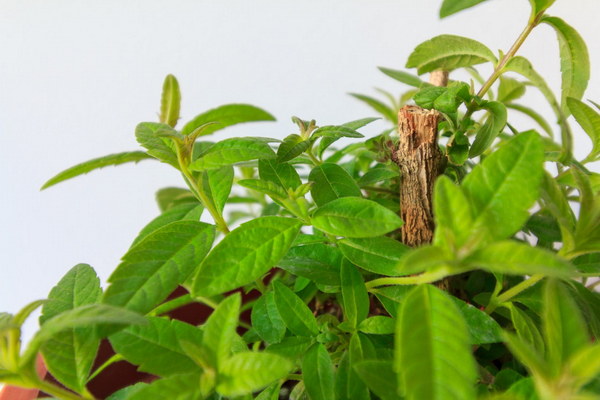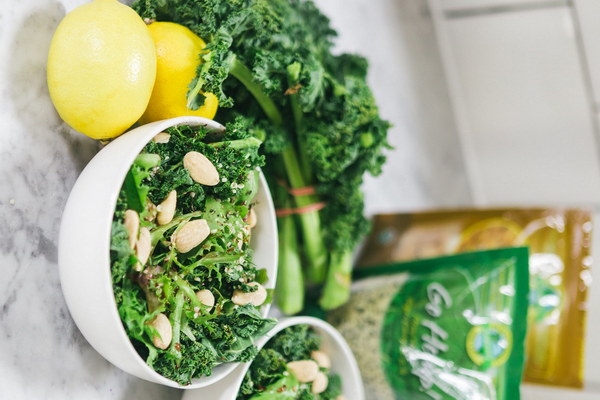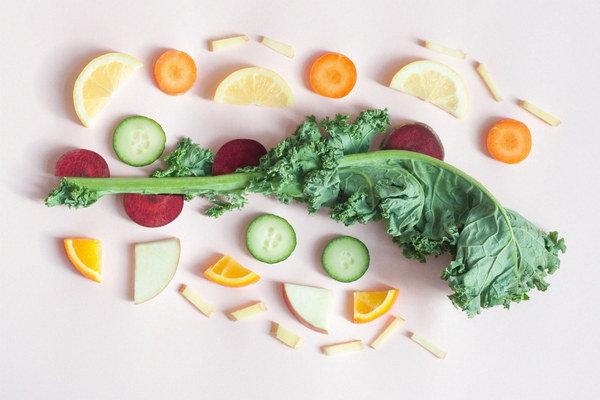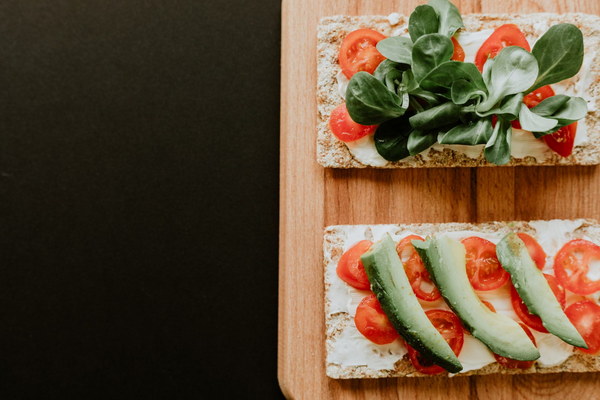Unlocking the Art of Zen Martial Arts and Health A Comprehensive Guide to Practicing Chinese Zen Martial Arts for Wellness
In the realm of holistic health and wellness, Chinese Zen Martial Arts offer a unique blend of physical discipline, mental focus, and spiritual enlightenment. Known for their profound impact on the mind, body, and soul, these ancient practices have been passed down through generations. This article delves into the essence of Chinese Zen Martial Arts and provides a comprehensive guide on how to practice them for optimal well-being.
Understanding Chinese Zen Martial Arts
Chinese Zen Martial Arts, also known as Zen Do, are a synthesis of Zen Buddhism and traditional martial arts. The core principle is to cultivate inner peace, balance, and harmony through the practice of physical movements, breathing exercises, and meditation. The most renowned styles include Tai Chi, Qigong, and Kung Fu, each with its own set of unique techniques and philosophies.
The Practice of Tai Chi
Tai Chi, often referred to as moving meditation, is a gentle and fluid form of exercise that promotes relaxation, flexibility, and balance. Here's how to begin your practice:
1. Posture and Alignment: Stand with your feet shoulder-width apart, knees slightly bent, and your weight evenly distributed. Keep your back straight and your head aligned with your spine.
2. Breathing: Inhale deeply through your nose, filling your lungs with air. As you exhale, release any tension and imagine your breath flowing through your body.
3. Movement: Follow the sequence of movements, flowing smoothly from one posture to the next. Focus on the rhythm of your breath and the movement of your body.
4. Meditation: After completing a set of movements, take a moment to practice mindfulness meditation. Focus on your breath and observe your thoughts without judgment.
Embracing Qigong
Qigong, meaning energy work, is a practice that focuses on cultivating and balancing the body's life force, or Qi. Here's how to get started:
1. Foundational Exercises: Begin with simple exercises that help you develop a strong foundation, such as standing meditation, breathing exercises, and gentle movements.
2. Breath Control: Learn to control your breath by practicing different breathing techniques, such as the 4-7-8 method, which helps in reducing stress and improving focus.
3. Visualization: As you perform Qigong exercises, visualize the flow of Qi through your body, imagining it as a warm, glowing energy.
4. Meditation: Incorporate meditation into your Qigong practice to deepen your connection with your inner self and enhance your overall well-being.
Mastering Kung Fu
Kung Fu, a martial art that combines physical prowess with mental discipline, requires dedication and patience. Here's a brief overview of the process:

1. Basic Stances and Movements: Start by learning the fundamental stances and movements, focusing on your balance, coordination, and strength.
2. Forms: Progress to the study of forms, which are a series of movements performed in a specific sequence. This helps in improving your flexibility, speed, and power.
3. Sparring: Once you have a solid foundation, you can begin sparring to learn the practical application of your techniques.
4. Meditation and Mindfulness: In Kung Fu, mental discipline is just as important as physical. Practice meditation to enhance your focus, concentration, and self-awareness.
The Benefits of Chinese Zen Martial Arts
The practice of Chinese Zen Martial Arts offers a multitude of benefits, including:
- Improved Physical Health: Enhanced flexibility, strength, balance, and cardiovascular health.
- Mental Clarity and Focus: Increased concentration, reduced stress, and improved cognitive function.
- Emotional Well-being: A greater sense of calm, happiness, and inner peace.
- Spiritual Growth: A deeper connection to oneself and the world around them.
Conclusion
Chinese Zen Martial Arts are a timeless treasure that can transform your life. By incorporating the principles and practices of Tai Chi, Qigong, and Kung Fu into your daily routine, you can experience the profound benefits of these ancient traditions. Remember, the journey is as important as the destination; embrace the practice with patience, dedication, and an open heart.









